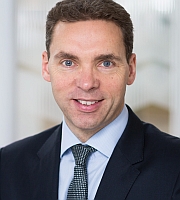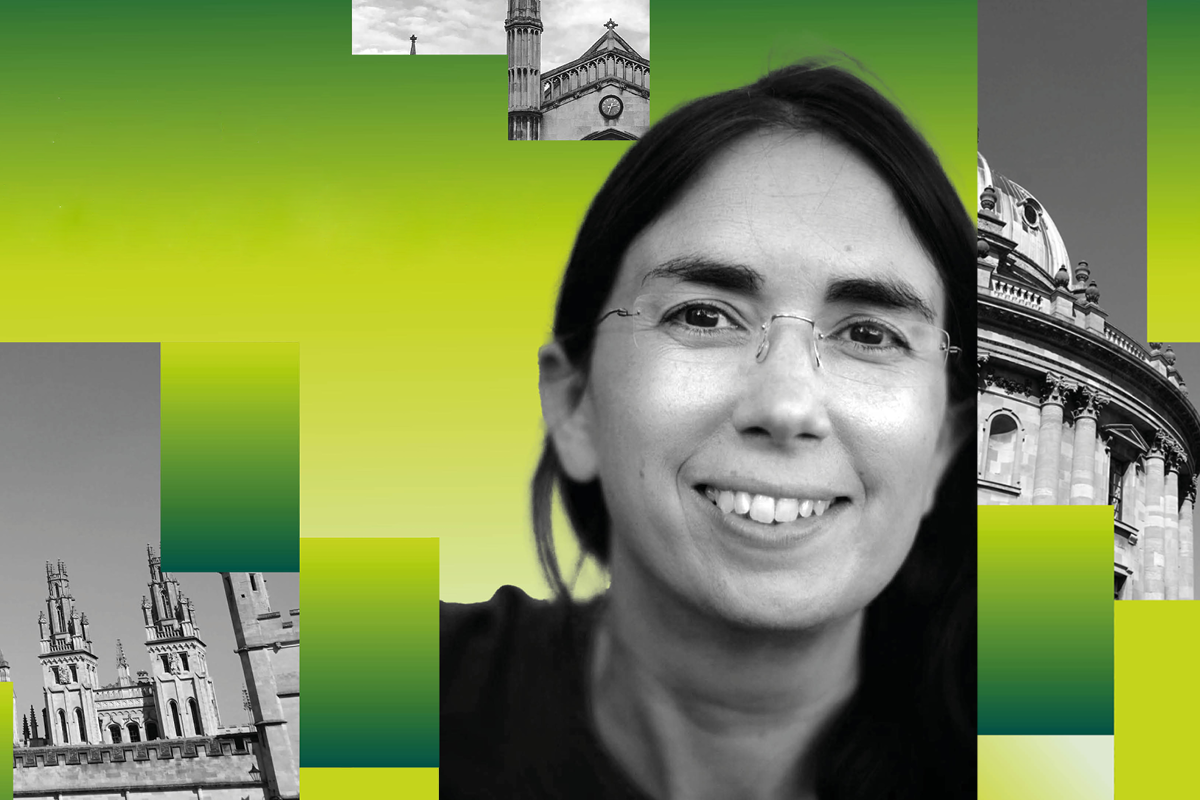Reimagining a more sustainable future at the 2023 Oxford Forum

Thousands around the world joined Oxford University Press to discuss Steps to a Sustainable Future at the 2023 Oxford Forum on Tuesday 25 April.
The three expert panel conversations brought together the greatest minds and bravest thinkers from our global community as we explored some of the issues at the heart of imagining a more sustainable future.
The Oxford Forum aligned with our commitment to the UN’s Sustainable Development Goals as we discussed the practical steps we can all take towards Quality Education, Climate Action, and Reduced Inequalities.
The conversation isn’t over yet; you can watch the recordings of each session here:
Ten things we learned
To give you a flavour of the discussion, here’s ten things we learned across the three sessions:
1. Key to making the best use of digital technology and AI in education, is to focus on the purpose. It is not a cure all. Wayne Press highlighted, in an example of designing assessment, the focus should be on “what will the impact be on learning and the life of the learner.” AI also offers potential to assess things that we’ve not been able to assess before; for example discussion group forums.
2. Evaluation is key: “with these early experiments [into AI], the more that educators can do – to see whether they are making a difference – and sharing that knowledge the better” Professor Vicki Nash, Oxford Internet Institute
3. Why be cautious about AI? Because people said the same things about the internet. “Imagine you are in 1999, everyone is going to have a thing like [the internet] and you ask an economist what it will do to productivity. Like they do now [about AI] they will say it will be off the charts, but actually, productivity has not increased. Some things work better, but we also have all these distractions.” Ignatz Heinz, President and Co-Founder, Avallain
4. The Digital Divide affects millions of learners around the world. However, digital connectivity isn’t always a benefit because of these distractions. It can be a hindrance because it affects concentration. Some learners seek out places without WiFi to avoid notifications.
5. Focus on the basics and empower teachers and learners. There are many teachers who have very limited or no experience with computers and digital technology which charities like Computer Aid can help with.
Technology can also provide digital experiences for learners to help inspire action on topics such as climate change. For example, a virtual field trip to create connections with communities that might be more affected by global warming than your own.
6. Research the full context that learners are in. Looking at the relationship between people, place and technology and how it forms an “assemblage all around the child and the teacher” and this is key to the work of Delecia Davids, Lecturer at Stellenbosch University.
7. Gender can play a role in the classroom. In some parts of the world, this is linked to cultural and economic factors that can give some groups more of a voice and others less. “We have to be mindful of exactly what opportunities we are giving to girls in the classroom, to give equity.” Zarina Subhan, Consultant teacher educator, speaker, and writer
8. To support climate action and reduce misinformation, understanding mindset of learners is key. “…The more you focus on the problems and the threats, the more you reinforce [existing] thinking… if you have people who are not thinking well, you’re not going to have an interesting conversation or make any change.” Jaimie Cloud, Founder and President – Cloud Institute for Sustainability Education.
9. To build trust, show where your facts come from. For Carbon Brief, Leo Hickman said that this is at the heart of their approach: “A show-your-working philosophy is really helpful at building up trust with your audience.”
10. Sustainability will not be achieved in a single jump. We need to take steps towards a sustainable future. When thinking about climate, there are many levels of activism and all are important. “You don’t have to do your activism perfectly.” Ally Micklem, Vice-President, Parents Association and Co-Secretary, InterParents.
Explore these topics and more here.




